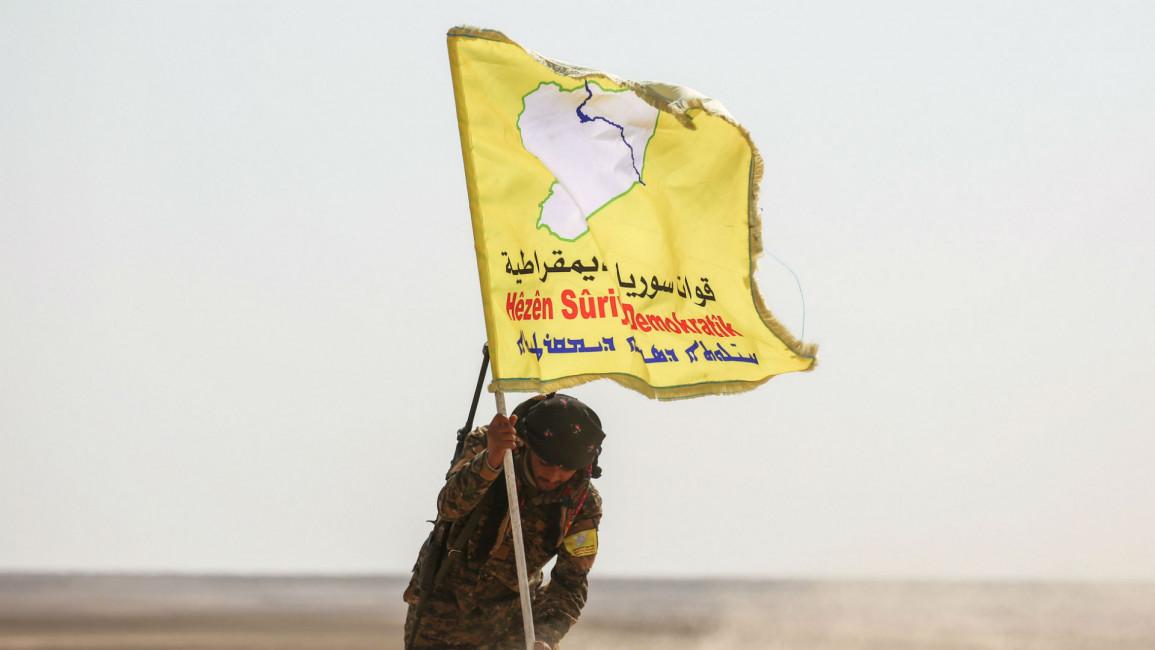Iraqi referendum could bolster Syrian Kurds, leaders say
 |
|
Syrian Kurds say they do not want secession but rather seek autonomy as part of a decentralised Syria.
Kurdish groups in northern Syria have carved out self-governing autonomous regions since early in Syria's six-year civil war and control around 25 percent of the country.
"We have always sent messages... that we are ready for talks," Ahmed said. "We have informed the Russians that they should convince the regime to negotiate."
Damascus "did not appear serious" about talks over the future of the Kurdish autonomous regions and the demand for a federal system for Syria, she added.
Mending Kurdish ties
Fawza Youssef, another senior Syrian Kurdish politician, said the Iraqi referendum had likely influenced the Syrian regime to adopt a more conciliatory approach towards Kurdish autonomy.
Syrian President Bashar al-Assad had previously pledged to take back every inch of the country with the help of allies Russia and Iran.
"This is a positive step. And our struggle in the past six years... our military and political victories" play a major role in pushing the Syrian government to negotiate, Youssef told Reuters.
"The reality in Syria and Iraq is not the same," she said. "If there will be exclusion of the Kurdish people, stripping them of political and cultural rights... of course with time this would lead to secession."
Youssef and Ahmed are both senior members of the Kurdish-led authority running Kurdish enclaves in northern Syria.
The Syrian regime and the YPG have mostly avoided each other during the six-year conflict but tensions have recently surfaced in the race to recapture Deir az-Zour from the Islamic State.
The increasing pressure on the Iraqi Kurdish government could also lead to a mending of ties with Syrian Kurdish authorities.
Turkey and Iran have threatened to impose a blockade while Baghdad has issued a ban on foreign flights to Erbil.
"If they shut the roads, (the KRG) will have to open a route," and possibly trade with northern Syria, Ahmed said.
"That would be good of course."
Kurds made up around 15 percent of Syria's pre-war population and were long oppressed by the central government.



